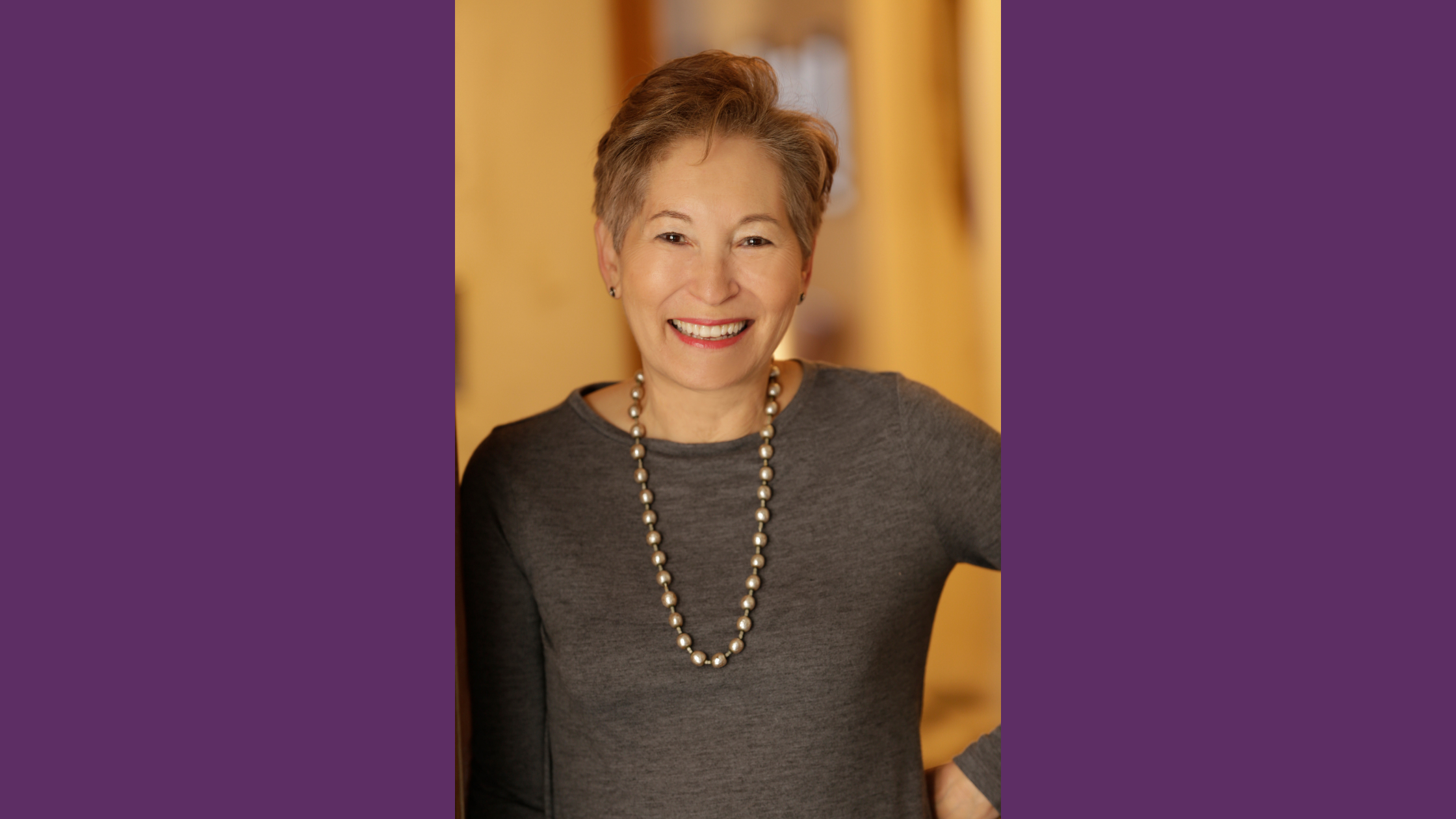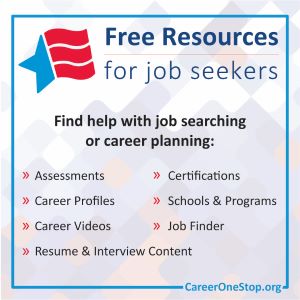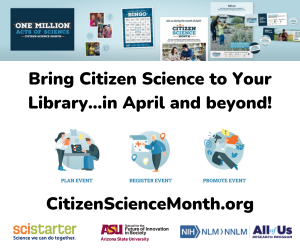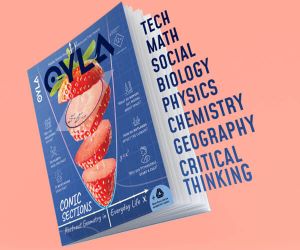Elinor Lipman On How The Secret Service, An Optometrist, and Shirley Maclaine Helped Craft Her Delightful New Comedy of Manners

In Rachel to the Rescue, Elinor Lipman’s effervescent new novel, the astute and observant Rachel finds herself in a dead end job in the White House Office of Records Management, archiving the various paperwork President Trump rips up by painstakingly taping them back together. One night, made over-confident by too much alcohol, Rachel sends an all-staff email eviscerating her job’s pointlessness and tediousness. The next morning, Rachel is promptly fired. Yet when she crosses the street she’s hit by a car, the driver of which is a mysterious figure en route to a clandestine meeting with the President. Recovering from her concussion, Rachel finds herself thrust into a new world, working for an inept investigative journalist, fending off overprotective parents, and navigating a new relationship with the charming proprietor of the wine store near her apartment. The result is a delightful comedy of manners that mixes political intrigue with deeply felt relationships. Critics have raved about Rachel to the Rescue, with The New York Times noting that “readers who are hungry for heartwarming comedy and spicy D.C. gossip will find Lipman’s new novel absolutely delicious” and Yorkshire Times calling the novel “a masterwork of wit, comic timing and plot convolution.”
The world of the novel is so fun, with bigwigs trading Washington gossip living side-by-side with the everyday events of people falling in love. Rachel is such an appealing guide to this world, where she’s so forthright and funny. How did you land on Rachel as the center of this novel?
Rachel went hand in hand with the story development, For some reason—and I know the reason, it’s because I’m politically obsessed, I get up at five thirty or six every morning and turn on the news—I knew I wanted a character who worked in the Trump White House but was fired. I came up with a couple of not very good ideas. One of them was Melania’s menu consultant nutritionist—(laughs) I know, bad. Then, one morning, I read in Politico Playbook that there was this office in the Executive Office Building where all they did was tape back together the documents—the emails, the memos, everything—that Donald Trump ripped up. He couldn’t seem to help himself. Sometimes he ripped them straight down the middle, sometimes he just made confetti out of them. I read an interview with a guy who quit or a couple of people were fired, maybe—and I said, “That’s it! That’s it! That’s the job my character had!” Every time I speak about it people say, “You’re kidding! I thought you made it up.” The acronym is really WHORM—White House Office of Records Management. Rachel wasn’t yet a full-blown character. It was just that this happened to her, and then it was who was she? Was this her first job or her second job? How old was she? So Rachel developed. It just comes to me like, “Here are her parents. What do they do? Okay, how about if they own a Paint and Wallpaper store in New York?” Why not? (laughs)
Even though we don’t ever see the pre-accident Rachel, I got the sense in reading the book that her accident freed her up to say the thing she might otherwise have left unsaid. Did you ever think about how the pre-accident Rachel walked through life?
First of all, she got concussed. She’s not quite herself. But she’s feeling quite downtrodden and she thinks, “I had that job for a minute and now what am I going to do? I don’t want to sell wallpaper.” I think it was that I started to have her come into her own. Kirby Champion, her new employer, helped by being pretty inept. Sometimes I’ve been asked, “The title Rachel To The Rescue, who is she rescuing?” It’s sort of half Kirby Champion but mostly herself. So I think it wasn’t so much what you’ve asked me, but it was more how do I embolden her? How do I bring her back to life? There are people helping and pushing. Her roommates, the unlikely matchmakers. Her doting parents trying hard not to be doting Jewish parents, but they can’t help themselves. I used to say about some of my characters, like The Pursuit of Alice Thrift, that one of the fun things to do is to figuratively send my female character to charm school. But my job was to build up her confidence, make her successful, make her successful in several different avenues, and then of course, it’s a Lipman book, so you have to have a happy ending. (laughs)
Rachel finds work as an assistant for Kirby Champion, this self-titled muckraker whose books are maybe not as salacious as he would like. Their relationship is so fun to watch evolve through the book. What appealed to you about throwing Rachel into the world of investigative journalism and publishing?
There aren’t that many insider White House Trump exposés that I didn’t read. I thought, “Wouldn’t it be fun to have it be a not terribly successful one?” He’s written several books, but he’s no brain trust, this guy. Rachel slowly catches on to how much smarter she is than he is. She realizes pretty early on that his next book, The Blight, exists of nothing. He’s no writer. There are writers out there that hire people—of course, we know that—not even legitimate good ghost writers, but cobbled together pieces from other people’s reportings and things like that. I thought it would be more fun to do that. Also I wouldn’t have the right or the knowledge to have her work for Bob Woodward. It had to be somebody who I could have a little fun with and make fun of.
You get compared to Jane Austen so often. Rachel reminded me of Emma, in that she is so astute and goes about fixing people’s lives.
That’s so nice. That’s a great compliment. She needs help and she almost lies down and needs her belly rubbed when it comes to her roommates. They’re two lawyers who are assertive and say, “We’ll take you to the wine store [where Rachel’s love interest works]. Come on!” It’s really in the Kirby arena that she becomes the problem-solver. You can’t have a character become a problem-solver in every arena, because that would be obnoxious.
You give the reader an immersive view into so many different worlds—DC society, optometry, and health care. What was your research process like?
It’s sort of the way I write, whether the character’s a florist, a doctor, a lawyer, or in this case, optometrist. I write what I think I know and then I do the research on a need to know basis and have a professional—and it’s usually some friend—[read it over]. Same as with her being in the hospital. I checked with my daughter-in-law’s brother-in-law and sister, who are both doctors in Boston. I’m pretty good at the medical stuff. My late husband was a doctor, so he was always handy for that stuff. The optometry, who to turn to but Douglas Hoffman, who I graduated from high school with? An optometrist in Boston, easy to reach, we’ve been in touch over the years, he comes to all my readings. I sort of fed the lines and he would say this, that, or the other thing. That’s it.
I wanted to find out whether Melania can in fact get into a car and drive on her own—that’s not too much of a spoiler alert. So what do I do? I call the Secret Service! Not easy. I left a message, and some nice man called me back. He said, “I can’t go into detail, but she would not be driving by herself.” Then he said, “But let me tell you, there’s a movie, Guarding Tess with Shirley Maclaine and Nicolas Cage. I would say that is a very accurate representation of how the First Lady would be covered.” And then of course I went straight to watching Guarding Tess. I have his name. I said I’d send him a book, where can I send it? Well, it’s not like he gives you his address— “Care of Secret Service USA.” (laughs)
The book takes place in the fall of 2019 and the early parts of 2020. What was it like for you to write so specifically about the present moment?
I really threw caution to the wind. This is the book I seemed to want to write. I want this character to have been thrown out of the Trump White House. I’m going to also embrace ridiculing Donald Trump and his minions. I didn’t say, “Will this hurt me? Will I lose readers?” It was not that I had to tell the story, because I don’t know this story. I only had that one fact: Rachel gets fired from her job scotch-taping the president’s papers. I was writing every day. I thought, “If Trump is re-elected, how will this play?” On one hand, I was on top of the election and politics, but on the other hand, I just had my fingers in my ears in terms of Rachel.
One morning, toward the end of the book, I skipped a line and Rachel my narrator says, “I didn’t know at the time that that would be our last get together of people dining together. If only I’d known, I would have run up to New York to visit my parents.” So I introduced the pandemic, just in terms of isolating and what it meant in terms of Rachel and her roommates, Rachel and her love interest. I felt that that was right even though I was leapfrogging real life and history and elections. I didn’t get to the election, I just imagined it. But it just seemed right at the time. I was doing it in real time, and there we have it.
And finally, what role has the library played in your life?
My father was an English major in college, he graduated in 1929. He lived at the Lowell Public Library, they knew him. He would read a book review in The New York Times, then go to the library—I don’t know if he bothered to call—he would go there, and they would order the book for him. When my first book came out, most dads and moms or spouses, I think, would tour the local bookstores within commuting distance of their house. Well, not my father. My father visited the libraries like a sales rep. He visited the libraries to ask them if they could please order my book. [When I was growing up], in the summer, he talked them into letting us take out as many books as we wanted for ten weeks. Now why he felt the need to do this—we were only going away for two weeks any summer, and we were still in Lowell and still able to go to the library. But he was a fixture there. I remember that I got permission when I was about maybe ten to use the adult library in Lowell, which is a beautiful library. The children’s room was entirely separate, it had the first floor, and upstairs was the beautiful adult library. I had an adult library card, but they wrote something like “seventh grade” on it just in case I got over my skis. That’s it. I still go back to Lowell for readings. I was not allowed to watch television when I was growing up, I could pick one program and we could watch television on weekends. But I reread my favorite books, and I mean like, twenty-five times. Just read them all through. Whenever I found them, I would read them all through my teenage years.
This book has been edited and condensed for clarity
Tags: Elinor Lipman







